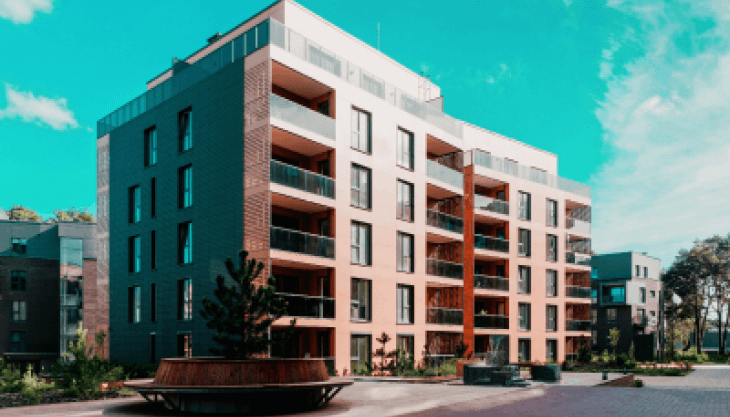Steering the Intricate Landscape of Regulatory Standards for Network Protection in Multi-Dwelling Residences to Ensure Resident Security and Data Safeguarding
Wiki Article
In the current society, numerous people live in multi-dwelling buildings, including apartment complexes and condo communities. These locations often share shared networks for internet and additional services. Although this setup can be convenient, it also brings up significant questions about network security and regulatory requirements. Guaranteeing the security of residents and safeguarding their information is crucial. This piece will examine the intricate environment of compliance guidelines for system safety in multi-unit buildings, focusing on how these standards assist maintain residents secure and protected.
One of the primary regulatory standards that pertain to system security is the General Data Privacy Regulation (GDPR). This regulation is intended to protect personal information and privacy for persons inside the EU Union. Although it mainly applies to companies functioning in Europe, its tenets can affect practices in other areas as well. For multi-dwelling buildings, complying to GDPR requires implementing robust data safeguarding measures. This entails ensuring that residents' personal data is collected, kept, and processed safely. By following these standards, property administrators can help establish trust with tenants and ensure their information is protected from unauthorized access.

A further significant guideline is the Healthcare Insurance Portability and Accountability Law (HIPAA), which safeguards sensitive patient information in the medical industry. In multi-dwelling units, particularly those that provide healthcare assistance or have tenants with specific health requirements, adherence with HIPAA is essential. This means that any medical information collected from residents must be maintained private and secure. Building administrators must make sure that their network systems are designed to avoid information breaches and unauthorized intrusion. By taking these steps, they not only comply with legal requirements but also foster a safe living space for all tenants.
Alongside GDPR and HIPAA, the Payment Card Sector Information Security Standard (PCI DSS) is another critical regulatory guideline. This guideline is particularly important for multi-dwelling units that accept credit card transactions for lease or amenities. PCI DSS specifies security measures that must be implemented to safeguard cardholder information. This entails securing sensitive data and regularly monitoring system security. By following PCI DSS standards, building administrators can reduce the risk of data breaches and safeguard tenants' monetary information, which is vital for maintaining their confidence and security.
Finally, it is crucial for multi-unit buildings to remain updated on local and national regulations regarding system security. Laws and guidelines can change, and staying aware is essential for adherence. Building administrators should frequently review their safety protocols and practices to ensure they comply with current standards. This preventive strategy not only assists in upholding adherence but also enhances the overall security of the network. By prioritizing resident safety and information safeguarding, multi-unit buildings can establish a safe residential space that encourages confidence and reassurance among tenants.
To summarize, traversing the intricate environment of regulatory guidelines for system safety in multi-unit buildings is essential for ensuring resident safety and data protection. By understanding and implementing standards like GDPR, HIPAA, and PCI DSS, property managers can create a secure environment for their residents. Remaining updated about regional laws and regularly reviewing security practices further you can try these out enhances this commitment to safety. Ultimately, a strong focus on adherence not only safeguards tenants but also fosters a feeling of belonging and trust among multi-unit buildings.